Do you know what to look for when trying to determine if foul weather is on the horizon? There are many different indicators, and in this comprehensive guide we will discuss them all. From changes in the environment to animal behavior, we will cover everything you need to be aware of when trying to stay safe during a storm. So please read on for valuable information that could save your life!
Table of Contents
Why Being Prepared for the Foul Weather is Important
No matter where you live, it’s always a good idea to be prepared for bad weather. After all, you never know when a storm might hit. And when it does, you’ll be glad you took the time to prepare in advance.
Be it when a hurricane is approaching the coast or a tornado is headed for your town, being prepared can make all the difference. It can mean the difference between life and death.
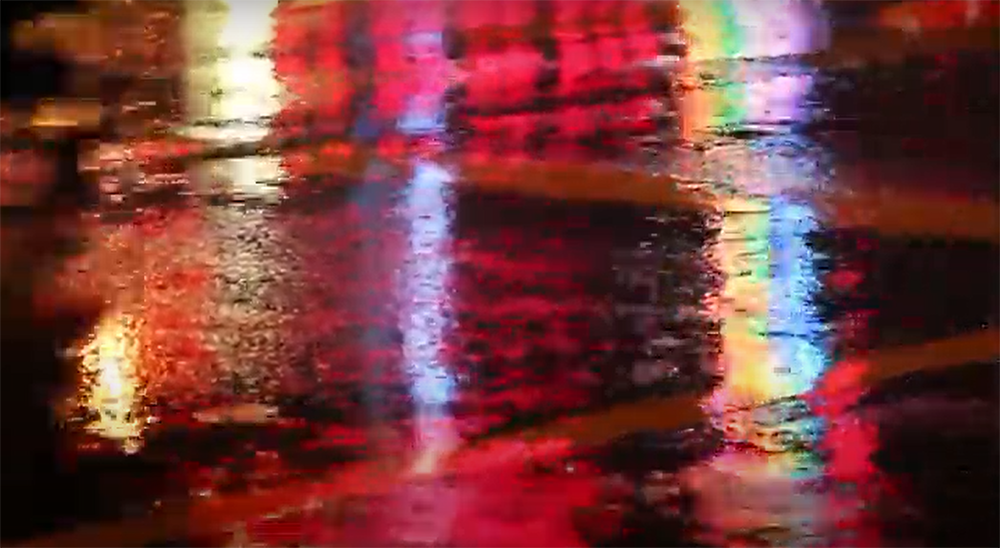
When you’re just about to head out or when you’re already outside, it’s important to be prepared and act accordingly.
There are several things that can indicate that foul weather is approaching. Paying attention to these warning signs can help you get to safety before the storm hits. [1]
How to Check if Foul Weather is Approaching?
Watch the clouds
One of the most obvious signs that foul weather is approaching is the formation of dark, ominous-looking clouds. If you see these kinds of clouds gathering, it’s a good idea to take shelter.
Different types of clouds and what they indicate
Cirrus Clouds
Cirrus clouds are one of the first signs that a storm is brewing. These high, thin clouds often appear in the sky days before a storm is set to hit. They’re usually white or pale in color and can sometimes be mistaken for streaks of contrails from airplanes.
Cumulonimbus Clouds
These are the large, fluffy clouds that you usually see in the sky. More often than not they are harmless but once they start gaining a shape of a tower, it indicates the changes in pressure and means that the storm is coming your way.
Another thing to look out for are pedestal clouds. These are smaller cumulus clouds that form on top of cumulonimbus clouds. Pedestal clouds are a sure sign that a thunderstorm is close by and about to happen.
Arcus clouds
Arcus clouds are dark, low-lying clouds that can signal the approach of a thunderstorm. These clouds are usually an indication that a storm is about to roll in within the next few hours.
In addition, the sky will get visibly darker as the storm approaches. So if you notice such ominous change in color, be prepared. [1], [2], [5]
By the wind direction
One of the first things you can do to check if foul weather is approaching is to take note of the wind direction. In the US, if the wind is blowing from the east, it’s a good indication that bad weather is on its way.

You can also use a weather vane to help you determine which way the wind is blowing and how strong it is. If the wind has a high speed, this is a major indicator of bad weather.
The simplest way to check for the wind however, is to lick your finger and hold it up in the air. If the wind is blowing from the north, you’ll feel a coolness on your finger.
Another thing you can do is to look at trees or flags. If they’re blowing in a certain direction, it’s a good indication of which way the wind is blowing.
Finally, you can also listen for any changes in the sound of the wind. If it starts to howl or moan, it’s a good indication that a storm is approaching. [1], [2], [5]
Smells in the air
Another way to tell if foul weather is approaching is to take note of any strange smells in the air. If you start to smell something like rotting eggs or sulfur, it’s a good indication that a storm is on its way.
You might notice a sudden drop in temperature when this happens. That’s because the storm is bringing in cold air from the jet stream.
So if you start to notice any strange smells in the air, be sure to take cover and wait for the storm to pass. [1], [2]
By barometric pressure
One of the most reliable indicators that a storm is on the way is changes in barometric pressure. Barometric pressure is the atmospheric pressure at a given point.
When barometric pressure drops, it means that the air is getting heavier. This happens because as a storm approaches, the winds pick up and push down on the air. The air then becomes more dense, which causes the barometric pressure to drop.
You can check the barometric pressure using a weather app or website. Look for any sudden changes in pressure over a short period of time. If you see a significant drop, there’s a good chance that foul weather is on its way.
You can also buy a barometer, which is an instrument used to measure atmospheric pressure. Barometers can be found in many stores that sell weather-related products. [1]
Choppy water
When foul weather is approaching, you may also notice choppy water. This is because the wind picks up, causing the waves to become larger and more erratic.

If you’re at the beach or near a body of water, it’s important to keep an eye on the waves. If they start to get too big, it’s time to head to safety.
In addition to choppy water, you may also notice that the air feels cooler and more humid than usual. This is because as we already mentioned, a storm is typically accompanied by low pressure, which can cause these changes in temperature and humidity. [1]
By humidity
One way to check if foul weather is approaching is by the humidity in the air. If the humidity is high, that means there’s a lot of moisture in the air. And when there’s a lot of moisture in the air, it can lead to storms.
To measure humidity, you can use a hygrometer. This is a tool that measures how much water vapor is in the air. You can find one at most hardware stores.
Another way to tell if the humidity is high is by how your hair feels. If your hair feels frizzy or static-y, that’s a good indication that there’s a lot of moisture in the air.
Changes in animal behavior
Another way to tell if foul weather is approaching is to pay attention to the animals around you. Animals are sensitive to changes in barometric pressure and they often know when a storm is coming long before humans do.
If you see birds flying low to the ground or animals acting strangely, it could be an indication that bad weather is on the way. This is because bugs, which are a major food source for many animals, tend to hide when storms are approaching.
Horses are also known to be able to detect storms as they will become restless when one is nearby.
So, if you see animals behaving oddly, it’s a good idea to take shelter and wait out the storm. [1]
Changes in temperature
Yet another obvious sign that a storm is coming is a rapid change in temperature. If the temperature suddenly drops, it could be an indication that foul weather is on its way.
Of course, this isn’t always the case. Sometimes, a sudden drop in temperature can simply mean that a cold front is passing through. But if there’s also other indicators present (like darkening skies), then it’s more likely that a storm is approaching.
Another thing to pay attention to is the wind speed. If the wind starts picking up, it could be an indication that a storm is on its way. [1], [2]
Check the weather forecast
Of course, one of the best ways to tell if a storm is approaching is to check the weather forecast. If you see that there’s a chance of severe weather in your area, it’s a good idea to take precautions and be prepared.

Many weather apps and websites have a feature that allows you to set up alerts for severe weather. This way, you’ll be notified as soon as the storm is approaching.
What Should You Do If a Storm is Approaching?
So, what does it take to be prepared for foul weather? Well, first and foremost, you need to know what to look for.
If you are inside, it is important to close all doors and windows, unplug any electronics connected to mains power, and bring any loose items inside. Monitor the news to stay updated on the latest weather conditions and any evacuation orders that may be in effect.
If you are outside, try to find shelter as soon as possible. If there is no shelter available, lie flat on the ground in an area away from trees, poles, or other tall objects that could fall on you or can get hit by lightning. Don’t forget to throw away any metal objects like umbrellas, as they can conduct electricity.
Monitoring the news is also important if you are driving. If possible, find a safe place to park, away from the trees and wait out the storm. Do not try to drive through flooded roads, as this can be extremely dangerous. You need to close the windows and turn the headlights on as well.
The most important thing is to stay safe! Severe weather can be unpredictable and dangerous, so it is always better to err on the side of caution. [1], [3], [4]
FAQ
What are the early signs of an approaching hurricane?
The most obvious sign that a hurricane is approaching is the change in weather conditions. For example, you may notice that the sky is getting darker, the wind is picking up, and the rain is starting to fall. These are all signs that a hurricane is on its way.
How storms are formed?
As the warm air rises, it leaves an area of lower pressure behind. The surrounding air then rushes in to fill the void. As the air moves, it spins around the low-pressure center like water going down a drain. This spinning action causes the formation of storm clouds and strong winds.
The most important ingredient for severe thunderstorms is instability in the atmosphere. If there is too much stability, storms will not be able to form. However, if there is too little stability, storms will quickly dissipate after forming. The ideal amount of atmospheric instability for severe thunderstorms is somewhere in between these two extremes.
How can you tell when bad weather is approaching?
The sky typically darkens as a storm approaches. Clouds may also lower and thicken in the sky. Sometimes, rain or snow may begin to fall lightly. These are all signs that a storm is on its way.
Wind speeds may also increase as a storm approaches. You may notice the wind picking up leaves or debris, or even blowing around small objects like garbage cans. If you see tree branches swaying back and forth, that is also an indication that strong winds are on their way.
Another sign of an approaching storm is thunder and lightning. You may see flashes of light in the distance, or hear rumbling noises getting closer and closer. If you hear thunder, it means that lightning is not far behind!
Useful Video: How to Predict Weather
Conclusion
Have you ever been caught in a rainstorm when you didn’t have an umbrella? It’s not fun, is it? Well, just like there are signs that tell us when a storm is headed our way, there are also things we can look for to indicate that bad weather might be on the horizon for SEO. In this blog post, we’ve outlined some of the most common signals that foul weather is approaching so that you can be prepared and take necessary precautions. Keep an eye out for changes in pressure and humidity, darkening skies, and animals behaving differently. And remember to always check the weather forecast so you know what to expect. Stay safe out there!
References:
- https://pursuingoutdoors.com/indications-foul-weather-is-approaching/
- https://www.legendboats.com/?blog=storms-a-brewin-8-telltale-signs
- https://www.qbe.com/au/news/what-to-do-during-a-storm
- https://www.getprepared.gc.ca/cnt/rsrcs/pblctns/svrstrms-wtd/index-en.aspx
- https://sciencing.com/warning-signs-storms-7568556.html

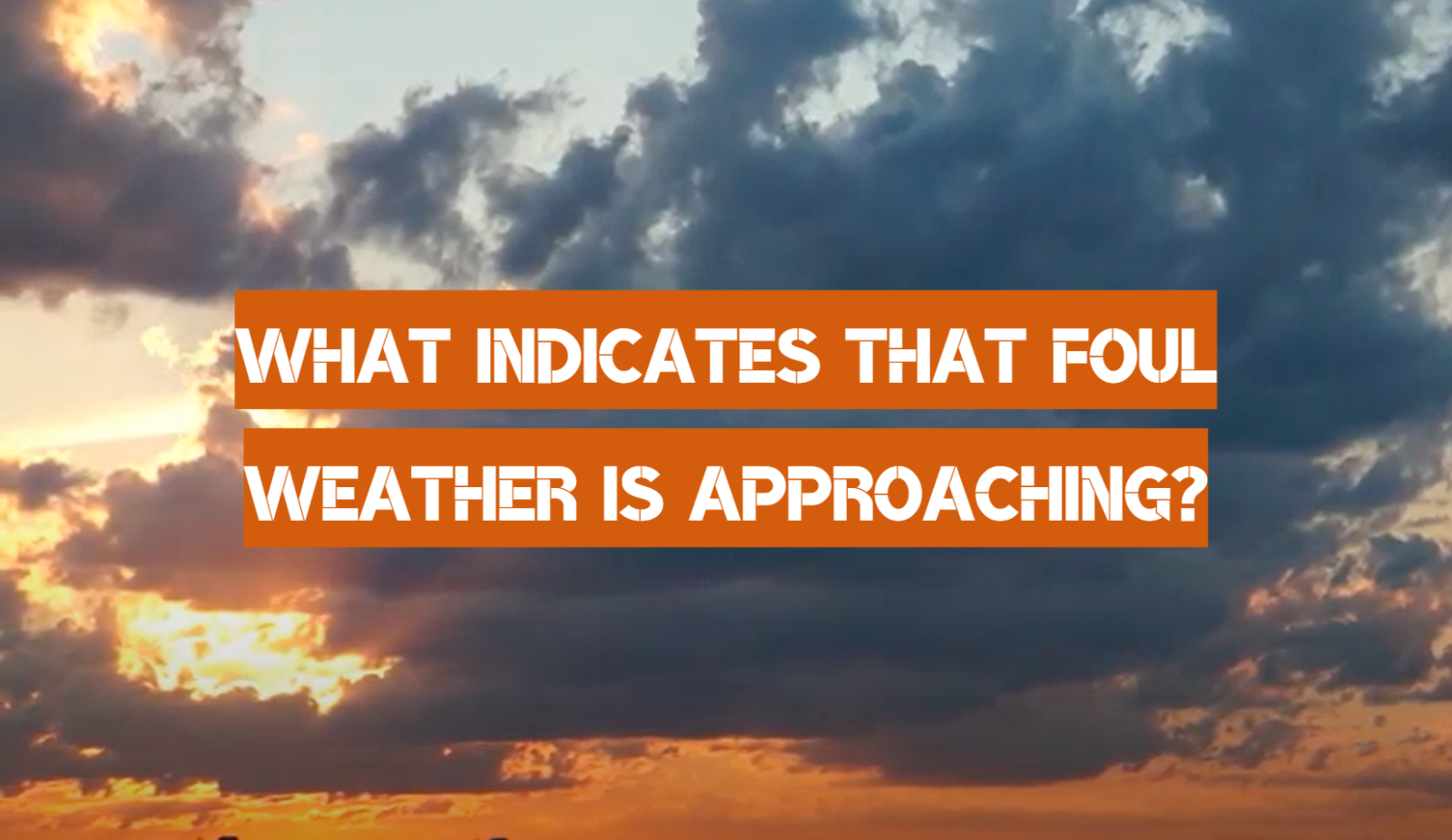
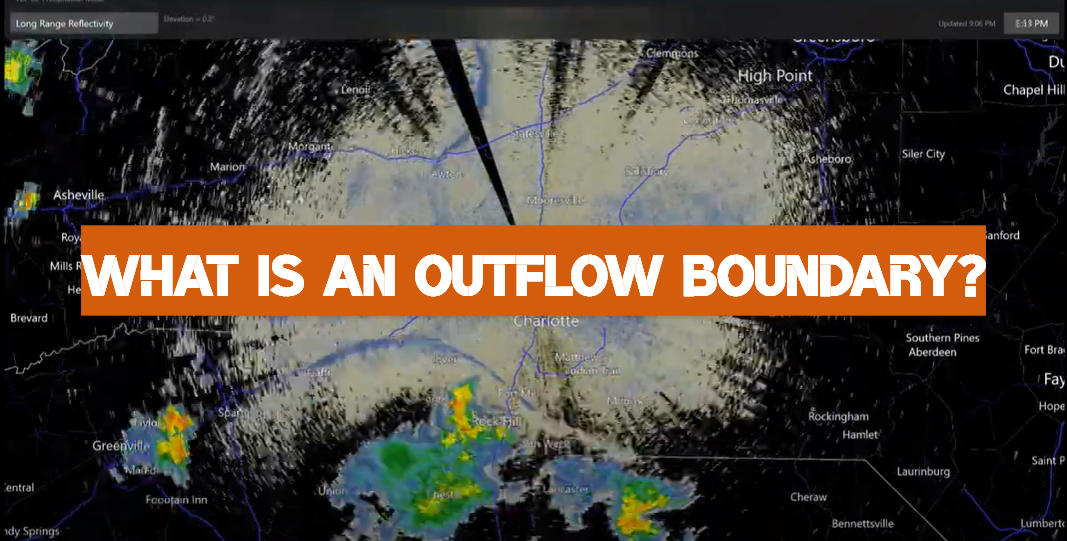

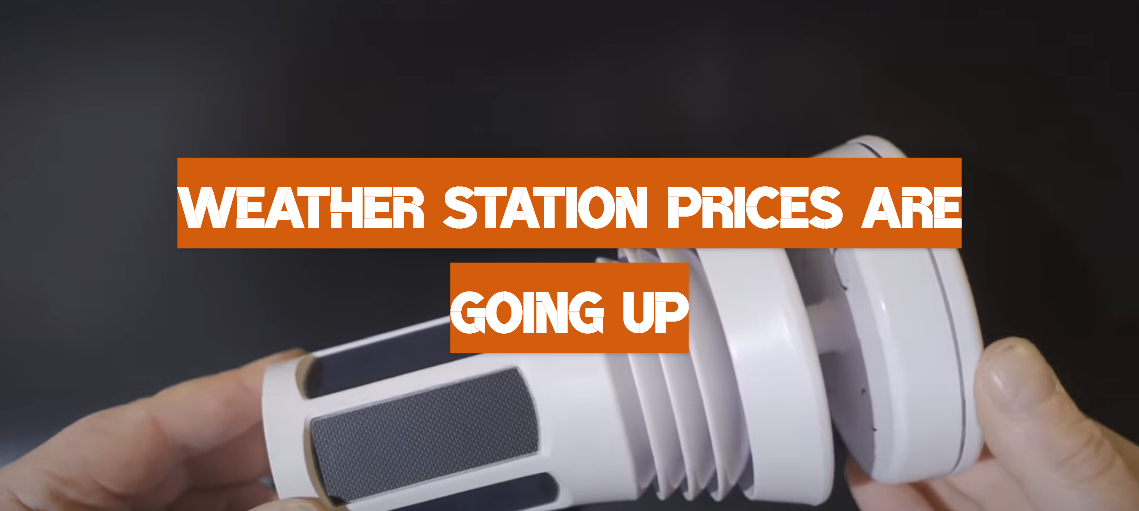
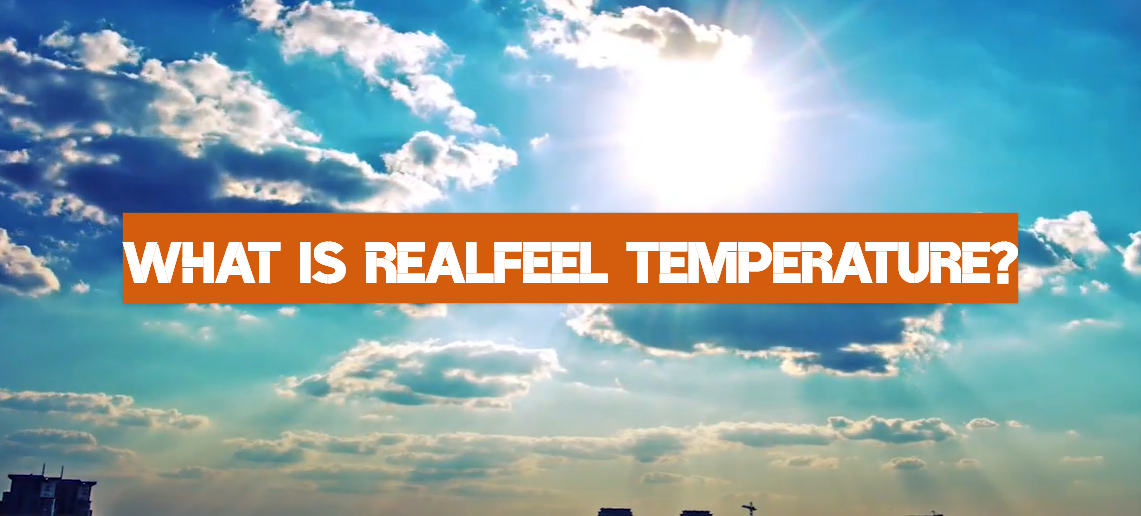
Leave a Reply